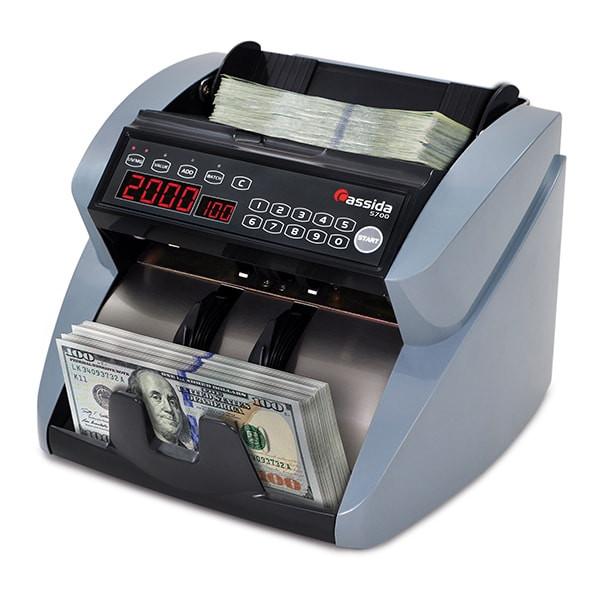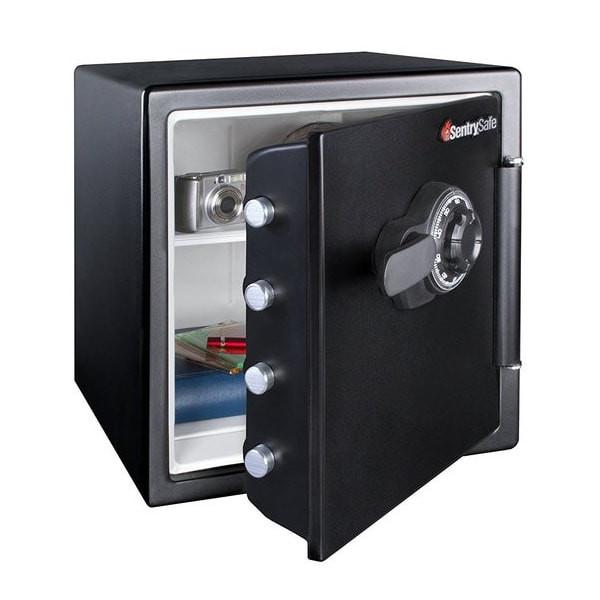$1000 Cheeseburger at Sonic: Why Businesses Need to Worry About Counterfeit Bills

Counterfeit money can turn up when you least expect it. This week, for example, a 22-year-old man named Christopher R. Cascio was arrested for attempting to pass off counterfeit money at Sonic, a popular fast-food restaurant chain. He was arraigned on Wednesday and is currently being held on $1,000 bail - a very expensive cheeseburger.
That raises the question though, why do people do it? Passing off large bills for big ticket items might have some logic, but why bother to go through the trouble of obtaining counterfeit money only to exchange it for a $3 cheeseburger? Cascio isn’t alone. The use of counterfeit money is more rampant than one might suspect.
In a different case this week, a Connecticut woman was arrested after trying to purchase two “inspirational signs” according to the Courier Times. Sherrie Martindell, 26, spent $80 in counterfeit money on the two signs and then attempted to return them to a different store in exchange for cash. Not a very inspired plan, it seems.
Three Brooklyn men also led police into a full on car chase this week after attempting to pass counterfeit cash at a CVS and a convenient store. A suspicious store clerk refused the payment, according to the TimesDispatch, and called police. The three men involved fled the scene in a “get away car” and a short-lived police pursuit ensued before the suspects crashed their vehicle, authorities said.
While motivation behind the petty crimes remains unclear, it is apparent that any business can be the target of counterfeit bills. From large stores like Wal-Mart and CVS, to locally owned shops, businesses become victim to counterfeit bills on a daily basis and many may not even know that a problem exists. Police caution businesses often that it is essential to be on the look out for counterfeit money. But keeping track of counterfeit bills is not alway easy, especially as more sophisticated methods of making counterfeit money have been developed. “Counterfeit bill markers don’t always work,” says iTestCash CEO Alex Reichmann. “That’s why we’ve had to step up our game and improve our own technology for catching these criminals.”
iTestCash is one of a few companies that has stepped up to the challenge of keeping counterfeit money out of circulation. “We are all about supporting small business. People who pass counterfeit bills may think it’s a victimless crime, but they are hurting hard working people and small business owners, many who have invested everything they have into the American dream. They’re the ones who get hurt. They don’t deserve that and we want to put an end it,” Alex Reichmann said. “That’s why we offer protection for businesses at all levels. We have machines that can handle large operations, but we also have affordable solutions for the small guys.”
Counterfeiting is a $1.7 billion industry according to the International AntiCounterfeiting Association; it’s one of the oldest crimes in history. All too often, however, it goes undetected because businesses have failed to identify themselves as possible victims.
- Brittney Villalva




Leave a comment